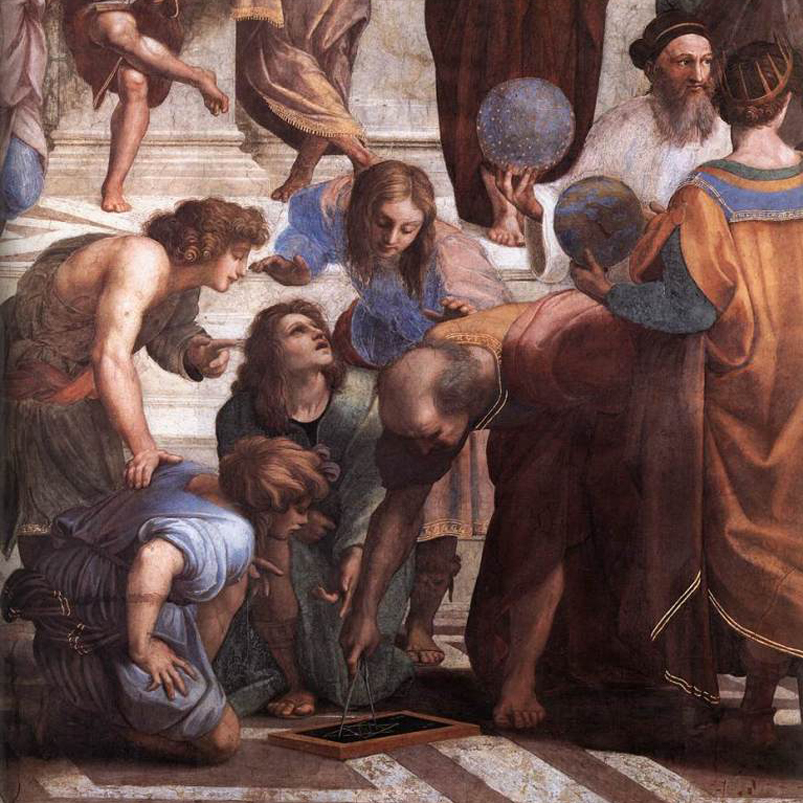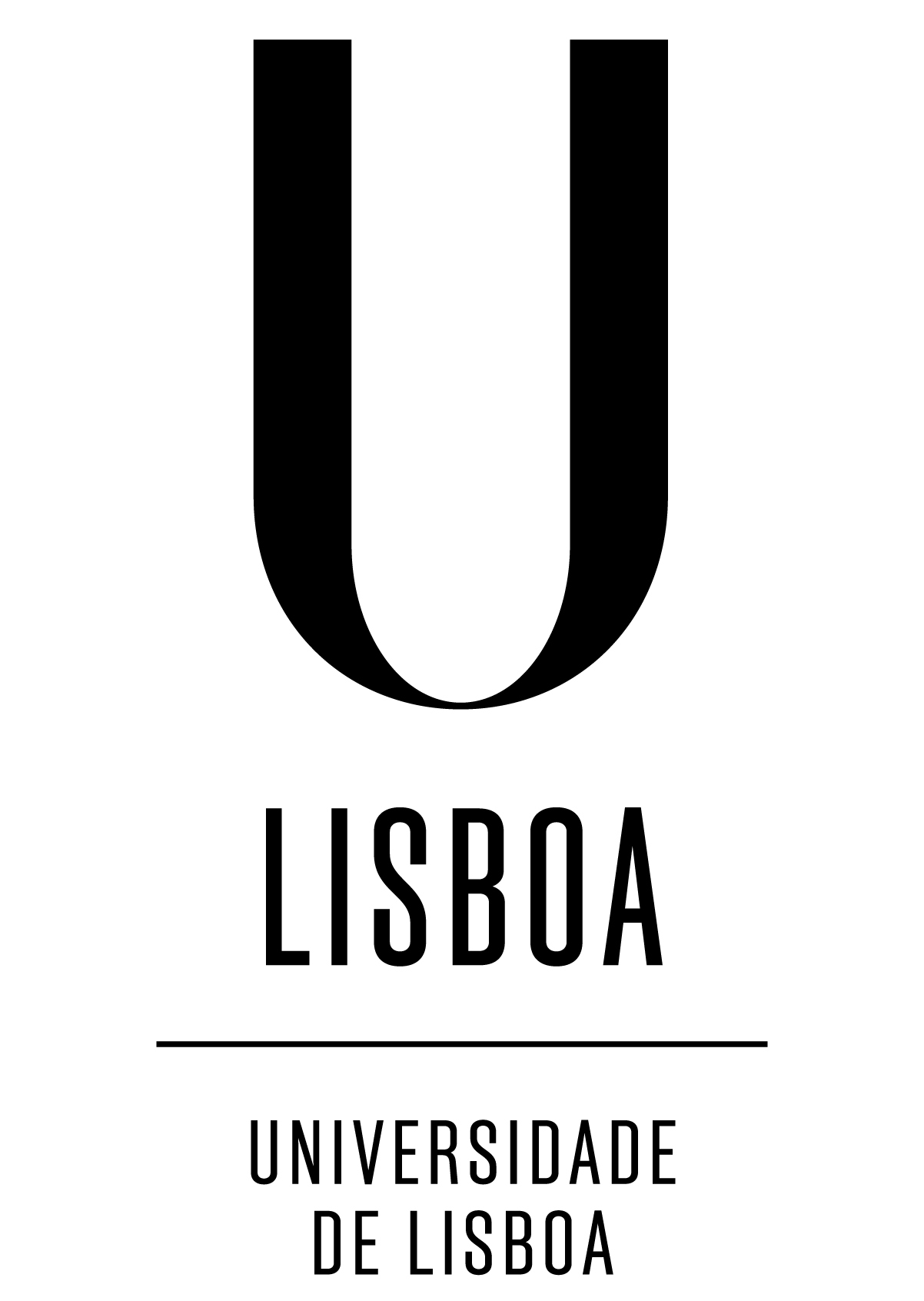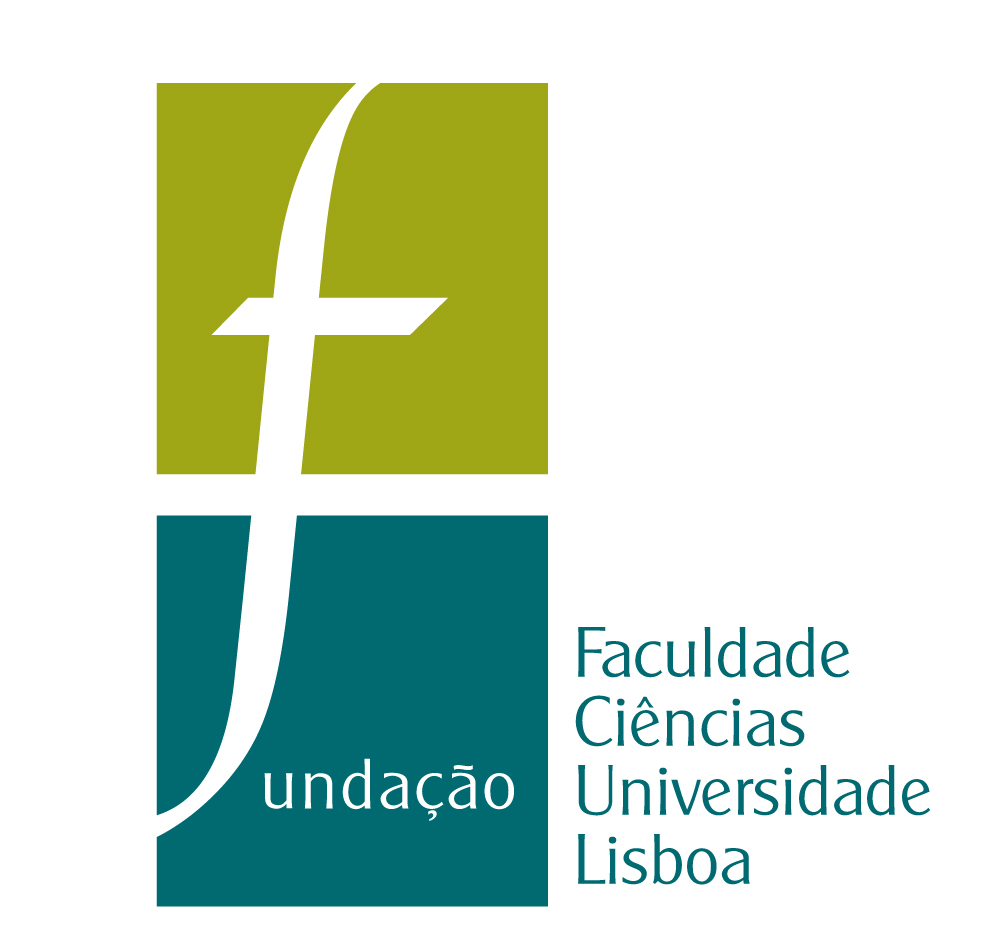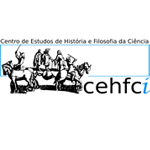A Física dos Princípios e a Epistemologia Científica: os casos de Mach, Hertz e Poincaré
The physics of principles and the scientific epistemology: the cases of Mach, Hertz and Poincaré

Grupo de Investigação | Research Group:
Filosofia das Ciências da Natureza | Philosophy of Natural Sciences
Investigador principal | Principal investigator:
Referência do projecto | Project reference:
Financiamento atribuído | Funding:
50.000,00 Euros
Estado | Status:
Concluído | Concluded
Objectivos
O século XIX foi, na Europa e na América do Norte, uma época de grande produção científica artística e literária. Nos finais do século a comunidade científica, que tinha passado por uma profissionalização e uma especialização sem precedentes, sentia uma necessidade crescente de comunicar novas ideias e novos resultados. Na viragem para o século XX foram organizados numerosos congressos em arte e ciência, matemática e física, alguns deles associados a exposições universais (Paris 1900, St. Louis, 1904), que permitiram uma intensa troca de ideias.
Muitas das novas ideias em física e em matemática nascidas no século XIX tiveram grande impacto na física e na filosofia do século XX. A evolução da matemática e da física no século XIX tornou possível a existência de diferentes posições epistemológicas nos cientistas-filósofos que, apesar de grandes diferenças, continham também muitas semelhanças. Os princípios clássicos da mecânica, tal como o princípio da relatividade, viram o seu campo de aplicação generalizado a toda a física. Os conceitos então desenvolvidos, tais como os de campo e de partículas, o atomismo, a gravitação, a energia e a entropia ou a interpretação probabilística do calor, tornaram-se temas de debate e de controvérsia em física e em filosofia, e também nos domínios de fronteira dessas áreas.
Mach, Hertz, e Poincaré, entre outros cientistas-filósofos, analisaram o pensamento científico, conceberam novas ideias e construíram diferentes perspectivas epistemológicas e diferentes filosofias da ciência: positivismo, pragmatismo, convencionalismo, instrumentalismo, etc. Mach e Hertz, que tinham uma posição de destaque na filosofia da física do seu tempo, contribuíram significativamente para as novas concepções nascidas na época. Poincaré era essencialmente matemático até 1886, o ano em que foi nomeado para a cátedra de física matemática na Sorbonne e a partir do qual analisou e comparou as diferentes teorias da electrodinâmica. Poincaré diagnosticou uma grave crise na ciência e propôs novas e originais concepções filosóficas para justificar a sua visão crítica sobre a física da época. O pensamento de Mach, de Hertz e de Poincaré é ainda hoje debatido, não apenas na perspectiva histórica, mas também no contexto da filosofia.
Num Projecto anterior ("Poincaré, Philosopher of Science: PTDC/FIL/64748/2006) foram discutidas algumas questões acerca da filosofia das ciências de Poincaré (Serra and de Paz, 2010), como por exemplo o convencionalismo aplicado à física. Esse Projecto terminará em Julho de 2011 e, uma das actividades finais foi um Colóquio (Janeiro, 2011 - "Colloquium Poincaré, Philosopher of Science: Problems and Perspectives") financiado pelo FACC-FCT (Refª 440.02/ Proc. 10/1/1358), com a participação de alguns dos mais destacados especialistas de Poincaré (Gerhard Heinzmann, Michel Paty, Scott Walter, entre outros) e também de vários membros do actual Projecto (I. Serra, A. Passos Videira, M. de Paz, J. Principe). Os contactos científicos realizados durante este colóquio, assim como o trabalho desenvolvido no Projecto que lhe deu origem, levaram os seus investigadores a submeter um novo projecto onde se possa estudar alguns dos aspectos já trabalhados mas também novas questões que permitam tornar mais clara a filosofia da ciência na viragem do século XIX para o XX.
Poincaré, Hertz e Mach, e também outros cientistas, construíram as suas concepções num clima internacional de diálogo e de debates, realizados, por exemplo, nas já mencionadas conferências. Apesar de existirem diversos estudos acerca dos autores em causa (Lützen, 2005; Heinzmann, 2009) não se realizaram trabalhos específicos sobre aspectos parciais do seu pensamento, tal como a física dos princípios. Por outro lado, também não foi estabelecida uma visão de conjunto sobre as relações entre as três filosofias. Por exemplo, Lützen, 2006 é um estudo comparative de Hertz e Poincaré, mas que trata a filosofia da ciência em geral, e não determinados pontos específicos.
Neste Projecto pretendemos fazer um estudo comparativo de pontos específicos das concepções dos três cientistas, de forma a contribuir para uma maior compreensão do pensamento filosófico e científico dos finais do século XIX, e para a sua integração no contexto filosófico actual. O estudo da física dos princípios pode também trazer esclarecimentos acerca do desenvolvimento da filosofia da física no século XX. Pensamos que a comparação das diferentes ideias e abordagens dos três autores pode contribuir para esclarecer alguns aspectos do pensamento filosófico passado e presente. Para conseguir esse objectivo propomos: 1) Estudar o pensamento de Mach e Poincaré relativo às teorias da física; 2) Comparar a física dos princípios de Mach, Hertz e Poincaré; 3) Relacionar a convenção em Poincaré e a imagem em Hertz 4) Analisar a Influência de Kant nos três autores; 5) Traduzir alguns textos fundamentais dos três autores sobre a física dos princípios.
Aims
In Europe and North America, the nineteenth century was a time of enormous production in literature, art, science and philosophy. By the end of the 19th century, the scientific community, increasingly professionalized and specialized, had a strong impulse towards communication the new ideas and new results. At the turn of the 20th Century, a series of international congresses on art and science, mathematics and physics, were organized, sometimes associated to a universal exposition (Paris 1900, St. Louis, 1904). A great exchange of ideas was then established.
Much of those new ideas in physics and mathematics had great impact on twentieth-century physics and philosophy. Different but similar epistemological attitude of the scientists-philosophers had been made possible by the evolution of mathematics and physics in the nineteenth century. The classical principles of mechanics such as the principle of relativity extended their field of application to the whole physical science. Physical concepts then developed, as field and particles, atomic view of matter, gravitation, energy and entropy or probabilistic interpretation of heat, become subjects of debates and controversies in physics and philosophy, as well as in their frontiers.
The scientists-philosophers Mach, Hertz, and Poincaré, among others, did fundamental analysis of the scientific thinking and scientific practice, conceived new ideas and built different epistemological perspectives and philosophies of science: positivism, pragmatism, conventionalism, instrumentalism, etc. Mach and Hertz, who were leading physicist-philosophers in his time, made important contributions to the new scientific vision born in that scientific environment. Poincaré, who was mainly a mathematician until 1886, when he was elected to the chair of mathematical physics at the Sorbonne, examined and criticized electrodynamics' theories. He diagnosed a serious crisis in physics and he proposed original philosophical conceptions to justify his vision regarding physics. His views, as those of Mach and Hertz, are still debated, not only in a historical perspective, but also in the context of philosophy.
In a previous project ("Poincaré, Philosopher of Science: PTDC/FIL/64748/2006) we have discussed some issues concerning Poincaré's philosophy of science (Serra and de Paz, 2010) for example his conventionalism applied to physics. That Project will finish in July 2011 and as one of his final activities, it was organized a final Colloquium ("Colloquium Poincaré, Philosopher of Science: Problems and Perspectives") financed by the FACC-FCT (Refª 440.02/ Proc. 10/1/1358) with the participation of some of the world's leading scholars and experts on Poincaré's work (Gerhard Heinzmann, Michel Paty, Scott Walter, among others) and also the participation of some of the members of this new project (I. Serra, A. Passos Videira, M. de Paz, J. Principe) on January 2011. The scientific interaction during this colloquium as well as previous results of the Poincaré's project, and previous work of the researchers led to the agreement of submitting a new project dealing with some topics previously worked and with some important new topics in order to clarify the philosophy of science at the turn of the century.
Poincaré, Hertz and Mach, as well as other scientists, reflected and built their philosophies of science in an international environment of dialogue and debate, carried on, for example, in the mentioned conferences. Despite several individual studies in these authors (Lützen, 2005; Heinzmann, 2009), there is no a general overview on the relations among the three nor specific studies relating partial aspects of their thought such as the physics of principles. For example, Lützen, 2006 is a comparative study on Hertz and Poincaré, but he focuses mainly in general philosophy of science than in specific points of their philosophies.
In this Project we intend to do a comparative study concerning specific scientific points of their ideas, in order to contribute to a better understanding of the scientific and philosophical vision of the late nineteenth century and to integrate it into the current philosophical context. As a result a deep study in the physics of principles will shed also some new light in the development of 20th Century philosophy of physics. We expect that the comparison of the different ideas and approaches of the three scientists-philosophers could enlighten several aspects of philosophical thinking at their time and at the present.
In order to achieve that objective we propose: 1) to study Mach and Poincaré's thinking on the theories of physics; 2) To compare the physics of principles of Mach, Hertz and Poincaré; 3) To relate Poincaré's convention and Hertz's image; 4) to analyze the Kantian influence in these authors; 5) to translate into Portuguese some basics texts of the three authors on the physics of principles.
Avaliação final
Recomendação do Coordenador do Painel de Avaliação Final - Filosofia:
A - Relatório Final APROVADO
Os objectivos científicos previstos foram plenamente atingidos. Os resultados evidenciam grande qualidade científica, nomeadamente ao nível das publicações em revistas internacionais com referee. O projecto contribuiu para a formação de jovens investigadores e para a projecção internacional da equipa envolvida.
This project took 3 years to develop, involved a team of 10 researchers and the participation of 4 institutions. It was assigned a budget of 50.000,00 euros. The project was conducted and coordinated in a very efficient and successful way by its prime investigator. The outputs of the project have largely exceeded those initially planned. The publications include 6 books, 34 papers in international journals and 9 papers in national journals. The translation of Poincaré’s Sur les principes de la mécanique could not be finished in time, but the publication of the volume Poincaré, Philosopher of Science (Spinger, 2014) should be praised. One PhD dissertation on Poincaré was sucessfully written and 4 conferences were organized in the framework of this project. Unfortunately, the final report fails to summarize the main theoretical contributions of all the study that was carried out (it just vaguely states that a ‘better understanding’ and a ‘clearer interpretation’ of the issues resulted).
Membros do Painel de Avaliação Final - Filosofia:
(Coord.) Sofia Gabriela Assis Morais Miguens Travis (Faculdade de Letras - Universidade do Porto).
António Pedro Sangreman Proença de Marcelino Mesquita (Centro de Filosofia da Universidade de Lisboa).
Ricardo Jorge Rodrigues dos Santos (Universidade de Lisboa - Faculdade de Letras - Departamento de Filosofia).
Vítor Manuel Ferreira Ribeiro de Moura (Universidade do Minho).
Membros || Members
Augusto Videira
Elisa Maia
João Araújo
João Príncipe
María de Paz
Pedro Lamberti
Rogério Soares da Costa
Colaboradores || Colaborators
Consultores || Consultants
Parcerias || Partnerships
Actividades || Activities
- Sessão de Encerramento do Projecto A Física dos Princípios e a Epistemologia Científica: os casos de Mach, Hertz e Poincaré, 12 de Dezembro, FCUL, Sala 6.2.52:
- Perspectives on the mind-body problem from the late 19th century: Lange, Mach, Nietzsche, por Pietro Gori (Instituto de Filosofia-UNL/ Centro Interuniversitario "Colli-Montinari" di studi su Nietzsche e la cultura europea);
- Mach e a comunicação da ciência, por Elisa Maia (CFCUL);
- Discussão dos resultados do projecto por António Augusto Passos Videira e Isabel Serra.
- El Principio de Razón Suficiente y la Concepción Leibniziana de la Astronomia por Ana Maria Rioja-Neto, 10 de Dezembro, FCUL, 17h, Auditório da Fundação da FCUL.
- Considerações sobre o pensamento filosófico de Ernst Mach: metafísica, economia e representação, conferência por A.A.P. Videira (UERJ, Brasil), no âmbito do Projecto A física dos Princípios e a Epistemologia Científica, integrado no GI Filosofia das Ciências da Natureza. 26 de Fevereiro de 2014, 11h00, FCUL, Sala 8.2.11.
- The Principles of Mach's Anti-metaphysical aim, Seminário por Pietro Gori (post-doc, IFL, UNL), 23 de Outubro de 2013, FCUL, Sala 8.2.12, 16h00.
Abstract: Mach's epistemological investigation is expressly meant to pursue an anti-metaphysical aim, i.e. to enlighten the physical science through an historical study of its principles. The term "metaphysical" itself has in Mach's writings a very specific meaning, which lies on his view of the role that history should play in science. In his lecture from 1871, The History and Root of the Principle of the Conservation of Work, Mach deals for the first time with this topic, and claims the historical studies to be the only tool we have to let us "get used to the fact that science is unfinished and variable". That lecture is therefore a good starting point for a research aimed at detecting the guiding lines of Mach's "historico-critical" works, and distinguishing his view on metaphysics from that of other thinkers involved in the early 20th century debate on the scientific philosophy. - Mechanical Models in 19th Century Physics, conferência por Pedro Lamberti no âmbito do Projecto A Física dos Princípios e a Epistemologia Científica: os casos de Mach, Hertz e Poincaré. 24 de Abril 2013, FCUL, Sala 8.2.10, 17h00.
Abstract: Throughout the nineteenth century, the mechanistic reductionist program permeated almost all physics. This lead to build mechanical models for virtually all physical phenomena, mechanical or not. Some of these models were theoretical models - this is the case of the Hertz´s reformulation of the principles of mechanics-. Others were of a functional nature. In this talk we will describe some functional mechanical models developed by some of the most influential physicists of the time. In particular we will discuss models developed by Maxwell and Boltzmann to represent the electromagnetic interaction between two circuits. We will review the context in which they were developed as well as their main characteristics.
-
Visiting Fellow, Pedro Lamberti, 20 de Abril a 3 de Maio 2013 (Universidad Nacional de Córdoba, Argentina).
- Seminário do projecto A física dos princípios e a epistemologia científica, 4 de Abril 2013, FCUL, Sala 8.2.06, 17h00
- Provas de Seminário de Investigação II - 3º ano de Doutoramento da aluna María de Paz. Rui Moreira, presidente do júri (CFCUL), Isabel Serra, orientadora (CFCUL), António Augusto Passos Videira, Arguente (UERJ). 12 de Março 2013, 10h30, FCUL, Sala 8.2.23,
-
Reunião administrativa do projecto, 4 de Março 2013, Sala 4.3.30, 17h,
- Comunicação internacional: R. Lopes Coelho, Notes on Conceptual, Experimental HS and Problem-Solving. How can the History and Philosophy of Science Contribute to Contemporary U.S. Science Teaching. Boston University, Boston, USA, 7 de Dezembro 2012
- Conferência por Convite: María de Paz, Convenção e Hipótese na Ciência Natural, conferência no grupo de Estudos Sociais e Conceptuais da Ciência, Universidade do Estado do Rio de Janeiro, 3 de Dezembro 2012
- Reuniões internas do Projecto na Universidade do Estado do Rio de Janiero, com membros da equipa de Lisboa (Isabel Serra, María de Paz) e da equipa do Brasil, 1 a 4 de Dezembro 2012
- Comunicação nacional: J. Príncipe, Breve apontamento sobre o princípio da alavanca de Arquimedes, in Évora Mechatronics Seminars: Investigação em Mecânica na Universidade de Évora, Colégio L. A. Verney da Universidade de Évora, 23 de Novembro 2012
- Colóquio Interdisciplinar em Homenagem
à
Morte de Henri Poincaré, Instituto da Matemática Pura e Aplicada (IMPA), Rio de Janeiro (Brasil), 16-30 de Novembro 2012. Organização Tatiana Roque e Augusto Videira.
Comunicações de membros e consultores do projecto:
- S. Walter: Poincaré, Hertz, and Hertzian Waves
- A. A. P. Videira, Poincaré and the nature of physical theory
- M. de Paz, Not all about convention: the role of facts in Poincaré’s epistemology
- I. Serra - Geometry and Physics in Poincaré's philosophy
- Provas do 2º ano do Curso de Doutoramento de Maria de Paz Amérigo. Júri: Rui Moreira (Presidente), Isabel Serra (Orientadora) e Augusto Franco de Oliveira (Arguente). 11h30, FCUL, Sala 8.2.11, 8 de Novembro 2012.
- Comunicação internacional: R. Lopes Coelho, Hertz’s Mechanics and Schrödinger’s equation by means of Schrödinger’s manuscript - On Hertz’s Mechanics and Einstein’s Theory of Gravitation. 5th International Conference of the European Society of History of Science, Atenas, 2 de Novembro 2012
- Comunicação internacional: I. Serra & M. de Paz, Principles of Physics in Poincaré’s thinking: from history to philosophy of science, 5th International Conference of the European Society for the History of Science, Atenas, no âmbito do simpósio Around Henri Poincaré’s Centenary: physics, mathematics and philosophy, organizado por C. Bracco and E. Giannetto, 1 - 3 de Novermbro 2012.
- Comunicação internacional: I. Serra, Cinco palavras para compreender Poincaré: Geometria, Caos, Simetria, princípios, Convencionalismo, International Symposium: Epistemology, Logic and Language (ISELL2012), Universidade de Lisboa, 29 - 31 de Outubro 2012
- Comunicação internacional: R. Laureano, Efficient synchronization with Lorenz and Rössler chaotic systems, International Conference on Differential Equations, Difference Equations and Special Functions (ICDDESF), University of Patras (Greece) 3 - 7 de Setembro 2012.
- Reunião interna do Projecto - Exposição de resultados da Tarefa 1 e início da Tarefa 2, 3 de Setembro 2012, FCUL, Sala 4.3.30, 15h.
- Reuniões internas do Projecto com o Prof. A. P. Videira. Faculdade de Ciências (UL), 5 a 10 de Julho 2012
Comunicação internacional: R. Laureano, Efficient synchronization of one-dimensional chaotic quadratic maps coupled without symmetry, ICDEA2012 – 18th International Conference on Difference Equations and Applications, University of Barcelona (Spain), 22 a 27 de Julho
- Encontro Internacional de Homenagem a Henri Poincaré, (1854-1912), 100 anos depois,
3 de Julho 2012. [programa] [poster]
- Comunicação internacional: M. de Paz, The third-way epistemology: a re-characterization of Poincaré’s conventionalism, 9th Biennial Meeting of the International Society for the History Of Philosophy Of Science (HOPOS), Dalhousie University and The University of King’s College, Halifax (Canada), no âmbito do simpósio Poincaré in Perspective: Conventionalism 100 years later, organizado por J. Folina, 21 - 24 de Junho 2012
- Comunicação Internacional: A. A. P. Videira, “Paradigmas, comunidades científicas e os físicos brasileiros”, V Jornada de Metafísica e Conhecimento - 50 anos de publicação de A estrutura das revoluções científicas, Universidade Federal do Rio de Janeiro (Brasil), 18 de Junho 2012
- Comunicação internacional: A. A. P. Videira, O princípio de mínima ação: um meio de investigação, V Seminário de História e Filosofia da Ciência, 2012. Universidade de São Paulo (Brasil), 6 de Junho 2012
- Seminário de leitura sobre a obra de Ernst Mach Die Prinzipien der Wärmelehre com o prof. Olivier Darrigol (CNRS). 7 de Maio 2012, FCUL, Sala 4.2.07, 17h00
- Comunicação nacional: M. de Paz, O convencionalismo de Poincaré no seu contexto, II Jornadas de Pós-Graduação da Secção Autónoma de História e Filosofia das Ciências (SAHFC), FCUL,
25-26 de Março 2012
- Reunião e Seminário Interno do projecto,
24 de Janeiro 2012, FCUL, Sala 4.3.30, 17h00.
- Reunião do projecto "A física dos princípios e a epistemologia científica", comentário dos textos "L'analogie et le pluralisme méthodologique chez James Clerk Maxwell" de João P. Príncipe (Univ. Évora) e "On the Concept of Energy: How Understanding its History can Improve Physics Teaching" de Ricardo Coelho,
12 de Março 2012
- Évora's fourth international symposium on Philosophy of Science: The principles of physics in epistemological perspective, no âmbito do projecto FCT A física dos princípios e a epistemologia científica: os casos de Mach, Hertz e Poincaré, Colégio do Espírito Santo, Évora, 27 de Abril 2012, Sala 131 [programa]
- The acoustic and musical origins of harmonic analysis, conferência por Oliver Darrigol, 12 de Abril 2012, FCUL, Sala 8.2.14, 17h00.
Abstract: Harmonic analysis, or the mathematical science of trigonometric series, has eighteenth-century roots in the physico-mathematical discussion of acoustic vibrations. Its inventor, Daniel Bernoulli, and its main opponents, d'Alembert and Euler, were deeply involved in music theory. Their conflict depended on the different ways in which they conceived the relations between physics, mathematics, and music.
- Seminário do projecto A física dos princípios e a epistemologia científica, 10 de Abril 2012, FCUL, Sala 4.3.30, 15h00.
- Reunião inaugural do projecto, 18 de Outubro 2011, FCUL, Sala 4.2.07, 17h00.
Publicações || Publications
- Príncipe, J. (2012a) ”Sur les sources néokantiennes de la pensée épistémologique de Henri Poincaré”, Kairos Journal of Philosophy and Science, 4: 51-70.
- Príncipe, J. (2012b) “Sources et nature de la philosophie de la physique de Henri Poincaré”. Philosophia Scientiae, vol.16 (2):197-222.
- Videira, A. A. P. and Mendonça, A. L. O., (2012) “A queda do muro entre ciências e humanidades”, Ciência Hoje, 50, 74.
- Videira, A. A. P. (2012) “Paradigmas, comunidades científicas e os físicos brasileiros”, Scientiae Studia, 10, 613-623.
- Videira, A. A. P. (2012) “Helmholtz e Hertz: duas trajetórias e um mesmo destino da física alemã no século XIX”, In: Física, Mecânica e Filosofia.1 ed.Rio de Janeiro: Eduerj, 1, 7-15.
- Lopes Coelho, R. and Videira, A. A. P. (2012) Física, Mecânica e Filosofia. Rio de Janeiro: Eduerj, 1.
- Videira, A. A. P. (2012) Perspectivas Contemporâneas em Filosofia da Ciência. Rio de Janeiro: EDUERJ, 1.
- Serra, I. (2012) “A crise da Física e os cientistas-filósofos: Mach, Hertz e Poincaré”, in Fernández Moreno, L., Salguero Lamillar, F. J. and Barés Gómez, C. Ensayos sobre lógica, lenguaje, mente y ciencia, Ediciones Alfar, Sevilla, 415-426.
- de Paz, M. (2012) “Poincaré y las leyes”, in Fernández Moreno, L., Salguero Lamillar, F. J. and Barés Gómez, C. Ensayos sobre lógica, lenguaje, mente y ciencia, Ediciones Alfar, Sevilla, 387-397.
- de Paz, M. and Serra, I. (2012) Filosofia da Física. Breve antologia de textos de Filosofia da Física, de H. Poincaré, Cadernos de Filosofia das Ciências 12, CFCUL, Lisboa.
- Laureano, R. and Ferreira, M. A. M. (2012) “Poincare’s Work on Celestial Mechanics: predictability versus determinism in the context of restricted 3-body problem”, International Journal of Academic Research, Part A-Applied and Natural Sciences, 4 (2), pp. 64-68.
- Laureano, R. (2012) “Determinism versus Predictability in the Context of Poincare’s Work on the Restricted 3-Body Problem”, Academic Research International, 2 (2), pp. 449-453.
- Lopes Coelho, R. (2012) “Sobre os Princípios de Mecânica de Hertz Problemas, Solução e Interpretações”. In A. Passos Videira & R. Lopes Coelho (eds.) (2012) Física, Mecânica e Filosofia - O Legado de Hertz. Rio de Janeiro: Eduerj, pp. 17-46.
- Lopes Coelho, R. (2012) “On the Concept of Energy: Conservation and Transformation versus Equivalence” Review of Science, Mathematics and ICT Education, SI: Energy in Education, p. 7-19.
- Lopes Coelho, R. (2012) “On the Definition of Mass in Mechanics: Why Is It So Difficult?”, The Physics Teacher 50, 304-306.
- Lopes Coelho, R. (2012) “Conceptual Problems in the Foundations of Mechanics”, Science & Education 21 (9), 1337-56.
- Lopes Coelho, R. (2012) “Could HPS Improve Problem-Solving?” Science & Education, DOI: 10.1007/s11191-012-9521-1 (Online first).









